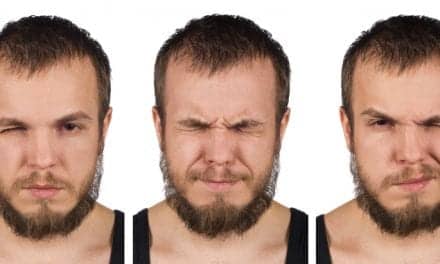New online research, conducted to coincide with the publication of Professor Richard Wiseman’s latest book Night School, suggests that nearly six in 10 (59%) of adults in Britain—over 28 million people—are now sleep deprived and getting 7 hours or less sleep each night. This is a significant increase on the 2013 figure of 39% from a previous study.
Wiseman, professor in the Public Understanding of Psychology at the University of Hertfordshire, says in a release: “This is a huge rise, and the results are extremely worrying because getting less than seven hours sleep a night is below the recommended guidelines, and is associated with a range of problems, including an increased risk of weight gain, heart attacks, diabetes, and cancer.”
To assess one potential cause of the sleeplessness epidemic, respondents were also asked whether they used a computer, smartphone, or tablet in the 2 hours before going to bed.
“The blue light from these devices suppresses the production of the sleep-inducing hormone melatonin, and so it’s important to avoid them before bedtime,” Wiseman says.
Seventy-eight percent of respondents indicated that they use such devices during this period. Among 18- to 24-year-olds, this figure increases to a remarkable 91%.
“The 2013 survey revealed that around 57% of people in the UK were using these devices, so we are seeing a significant rise in the amount of blue light before bedtime,” Wiseman says.
The survey also suggested that the vast majority of people’s dreams are far from sweet, with just 10% of respondents strongly agreeing with the statement “I would describe my dreams as pleasant.”
Professor Wiseman says: “The dream data revealed considerable variation across the UK, with those in London and the Southwest agreeing the most, and those in the Northwest and Midlands agreeing the least.”



